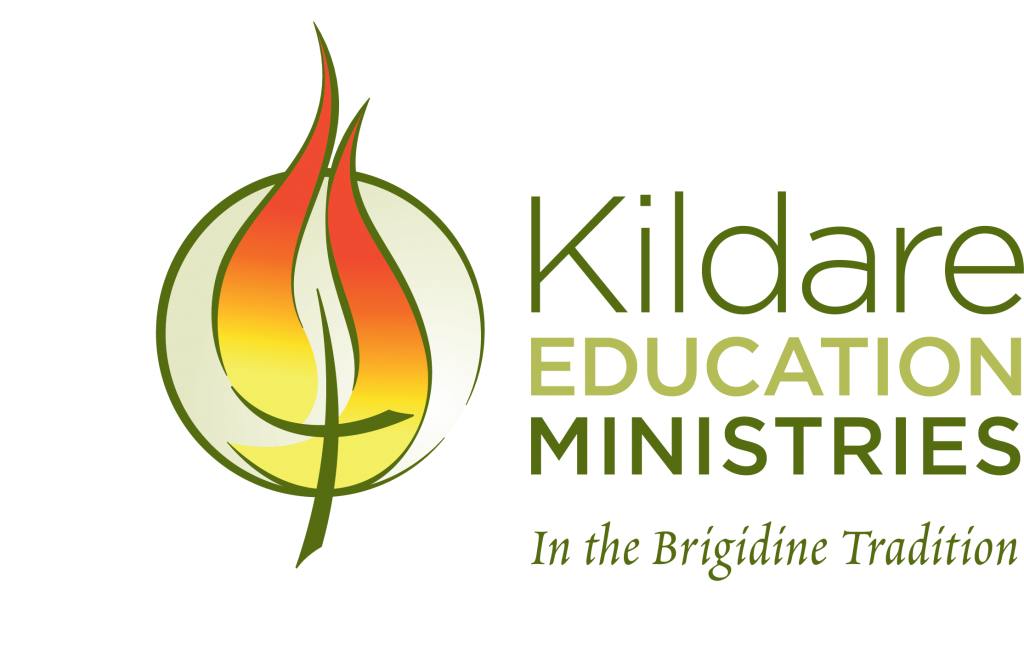- Posted on
- Wellbeing
Be grateful to be amazing! / The power of gratitude
There are many big learnings from 2020 but one thing that stood out for our Wellbeing team at the end of last year was the advice that our class of 2020 had for their peers that are now following in their footsteps – it’s important to look after your wellbeing – they said. With this in mind we are continuing to forge ahead with our Wellbeing program which is designed to provide our students with the skills and strategies for positive wellbeing. One of the simplest and most accessible strategies for improving wellbeing is simply practicing gratitude which is a topic our year 10 cohort is currently learning and practicing.
Gratitude is the act of being thankful and appreciating what you have in life. Rather than focusing on what you don’t have or what you want, the focus shifts to all that you have. It sounds simple and it really is quite simple to practice but in reality it is such a difficult mindset to embody in the world that we live in. You have probably all experienced your daughter desperately trying to convince you to purchase something she wants. A new iphone because all the cool kids have it. A new pair of sneakers because everyone wears them. You no doubt experience the same sort of feelings, a car upgrade, a nicer kitchen, bigger house, a promotion, or a holiday like the one your friend on Facebook went on. These are things that we don’t have and they can consume too much of both our conscious and subconscious thinking and in the process contribute to making us feel dissatisfied and unhappy.
Practicing gratitude, being thankful and appreciating what we do have however can have the opposite effect. It can, believe it or not, rewire our brains. In 21 days of practicing gratitude our neural pathways rewire to start scanning the world for more positives and you can become three times more likely to notice a positive. After 42 days of practicing gratitude we are almost superhuman! We are less likely to get sick, have higher levels of energy, feel happier, more enthusiastic, more focused, more determined, more optimistic, have better quality of sleep and have lower levels of depression and anxiety. This is truly a thing of wonder!
So as part of the year 10 Gratitude unit our year 10s have kept a gratitude journal. Simply writing down three things you are grateful for each day for 21 days, or even better 42, can have such a profound impact. They have also had the opportunity to express gratitude in writing to someone they are grateful for – such a powerful and empowering practice. And they will contribute to a creating a year level gratitude wall amongst other gratitude practices. For our students to experience long term impact on their wellbeing they will need to continue to practice their gratitude into the future. As such there are some things you could do at home to cement the gratitude habit. One of the easiest strategies you could use is to ask your daughter at dinner time or when she arrives home from school to tell you about one thing she thought went well that day, or she is grateful for that day. Asking a question like this automatically frames the response in a positive manner and hopefully you will get a much more interesting response than if you just ask the classic ‘how was you day today?’. Another thing you could do is to start a family gratitude jar. Every day each family member can write down on paper slip one thing that they’re thankful for and fold the slip in half. Just watching the jar fill up is a great reminder of the things a family can be grateful for. At the end of a year, on a birthday or any other fitting occasion each family member can pull out a few from the jar and read them aloud to another. This is also a great practice for when the family needs a pick-me-up at any time of the year. Not only will it help you practice gratitude but it will increase family connection as well which is a powerful protective factor for young people.
It really is amazing how such a simple practice can have such an incredible affect on our mindset, happiness and wellbeing. Like our year 10s we’d love to see you take up the challenge of practicing gratitude. It can be as simple as recalling three good things as your head hits the pillow at night. Thank you for supporting your daughter as she explores the science and strategies of wellbeing. We are grateful for the privilege of working as guides on the path.
Tania Anticev and Andrew Damon
School Improvement Leaders – Wellbeing



